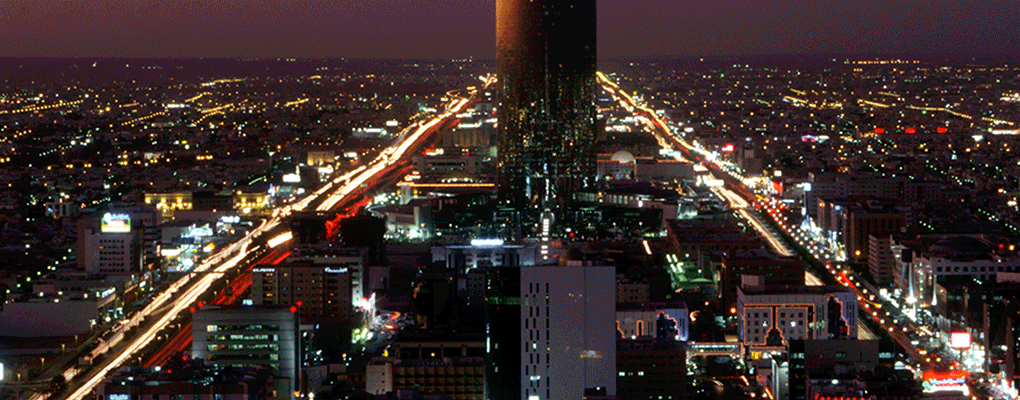
A new report published in October by the IMF predicts that within five years, Saudi Arabia will have used all of its cash reserves, and so will become bankrupt. The annual Regional Economic Outlook takes an in depth look of the economic vitality of MENAP countries, including the Kingdom. In this latest edition, the IMF explains that during the ongoing period of low oil prices, exporting countries, including Saudi Arabia, are not “saving enough of their hydrocarbon wealth for intergenerational purposes”.
[T]he study does not allude to the measures that are currently being taken by the government to diversify the economy
According to the analysis, Saudi Arabia is due to experience a budget deficit of 21.6 percent this year, and a further 19.4 percent reduction in overall fiscal balance during 2016. Moreover, foreign reserves held by the Saudi Arabian central bank (Sama), have declined by around $73bn since the onset of the oil price slump last year.
Losses are attributed to the ongoing conflict in Yemen, which has led Saudi Arabia to take the number three spot in terms of global military spending. This year has also seen the government’s spending spree in terms of infrastructure development, as well as $32bn to celebrate the coronation of the new king, Salman Bin Abdulaziz Al Saud. However, it is important to note that a large majority of the reduction in foreign reserves is actually a result of huge withdrawals from Sama, which many believe is part of a strategy to reinvest capital in less risky products and ventures.
Of course, statistics give little room for debate; mounting government deficit coupled with a startling reduction in foreign reserves indicates a tumultuous time ahead for the Saudi Arabian economy. That being said, the study does not allude to the measures that are currently being taken by the government to diversify the economy. At present, 90 percent of it is reliant on oil exports, yet there are other promising industries that are beginning to emerge, such as real estate development, healthcare and plastic manufacturing. Furthermore, the government’s decision to open up its stock market to the international community earlier this year is another indication of a new approach that is now being taken by the Saudi regime.
The continued slump in oil prices is also unlikely to persist, at least, not at its current levels, meaning that it is not all doom and gloom ahead for Saudi Arabia, as the IMF’s recent report maintains.


